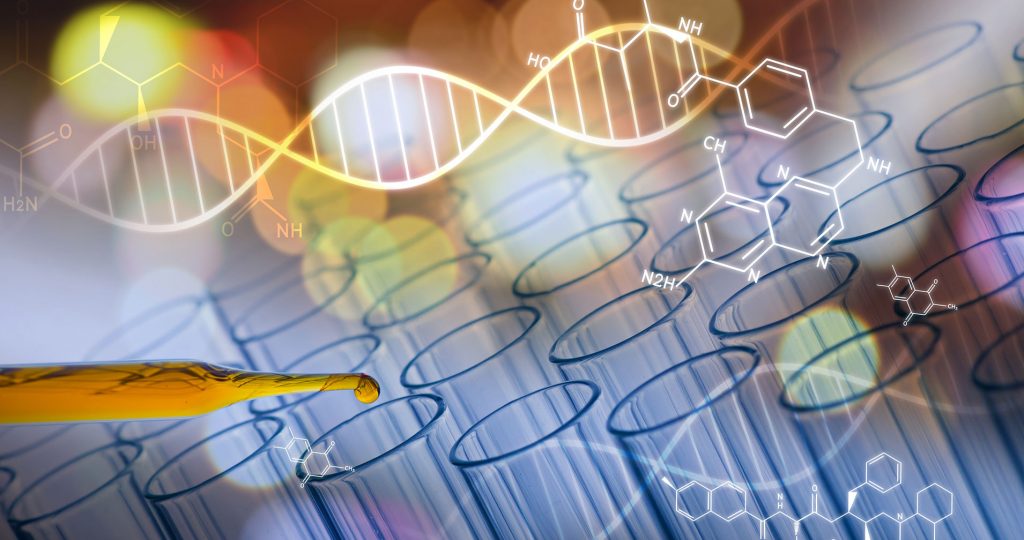Transforming the Chemical Industry with Biotech
• 2 min read

Get the latest in Research & Insights
Sign up to receive a weekly email summary of new articles posted to AMG Research & Insights.

While the allure of electric vehicles has transfixed the “green-investing” crowd in recent months, a much quieter sustainability revolution is taking place in the chemical industry.
Among several innovations, new processes in synthetic biology and fermentation are creating bio-based industrial materials that could soon change the marketplace and potentially provide attractive returns for investors.
These biological processes offer industrial and consumer applications that could possibly replace petroleum-based products, reducing dependence on expensive inputs with volatile costs while leaving a negative carbon footprint.
Here are three private companies at the vanguard of this transformation:
- Solugen is an industrial biotechnology firm that develops and manufactures proprietary enzymes and bioreactors to produce bulk and specialty chemicals using cheap, bio-based feedstock. Solugen’s process avoids the typical highly volatile petrochemical inputs in its manufacturing process, allowing for a cost-effective, safe and scalable operation with a negative carbon footprint. The company’s bio-based chemicals are used in everything from spa cleaning to disinfecting wipes to wastewater treatments for oil-and-gas runoff.
- Checkerspot uses synthetic biology and chemistry to develop novel, bio-derived materials. Using commercial fermentation, Checkerspot has unlocked new building blocks for industrial production of materials. The idea is to develop and create rather than extract and refine. For instance, the company has created a plastic derived from microalgae that has been used to manufacture snow skis.
- Mori, using a naturally derived silk protein, is developing an organic substitute for food packaging. A tasteless, edible protective layer replaces plastic wrappings for produce and meats while preserving freshness in foods. Mori’s solution reduces both plastic use and limits food waste.
This information is for general information use only. It is not tailored to any specific situation, is not intended to be investment, tax, financial, legal, or other advice and should not be relied on as such. AMG’s opinions are subject to change without notice, and this report may not be updated to reflect changes in opinion. Forecasts, estimates, and certain other information contained herein are based on proprietary research and should not be considered investment advice or a recommendation to buy, sell or hold any particular security, strategy, or investment product.
Get the latest in Research & Insights
Sign up to receive a weekly email summary of new articles posted to AMG Research & Insights.


